Is Web Development Still a Smart Career in the Age of AI Website Builders?
“Why would anyone hire a developer when AI can build a website in minutes?” It’s a question many new and experienced developers are asking in 2025. With platforms like Wix ADI, Framer AI, ChatGPT-4, and other low-code/no-code tools becoming increasingly capable, it’s easy to feel like the golden age of web development is coming to an end. But is that really true? Or is the web development landscape simply evolving? In this article, we’ll explore how AI is reshaping the website development space, whether web development is still a viable business or career path, and what skills are worth focusing on today. Spoiler: AI might be shifting the work, but it’s far from replacing the developer. The Rise of AI-Powered Website Builders AI-assisted tools have come a long way. Builders like Wix, Squarespace, and Webflow now offer intelligent features that allow users to generate layouts, content, images, and even entire websites in a matter of minutes. Many platforms leverage large language models (LLMs) like GPT-4 to handle copywriting, form creation, and UI suggestions. For freelancers or small business owners with limited budgets, these tools are a dream. You can spin up a functioning, decent-looking website without writing a single line of code. But just because something is possible, doesn’t mean it’s always effective. Where AI Website Builders Fall Short While AI tools have made website creation more accessible, they’re not without major limitations—especially when it comes to long-term business needs. Here's where human developers still have the upper hand: Customization Beyond Templates AI website builders work within pre-defined constraints. Even when they're using generative layout tools, they're still limited to what the platform allows. When a client needs a unique business logic, a complex multi-step form, a dynamic data-driven experience, or a tailored customer dashboard—AI simply can’t deliver that out-of-the-box. Performance & Optimization Handcrafted code will almost always outperform generated code in terms of speed, responsiveness, and SEO. Developers can fine-tune scripts, optimize image delivery, and implement performance-focused strategies like lazy loading, SSR (Server-Side Rendering), and caching in ways AI tools can’t. Security Security best practices aren’t something AI consistently excels at—yet. Developers understand secure authentication flows, data validation, and how to avoid common pitfalls like XSS, CSRF, or SQL injection. AI-generated forms and databases might work—but they’re rarely production-ready without developer intervention. Scalability When a business grows, it eventually needs more than a static website. It needs integrations with CRM systems, payment gateways, user authentication, role-based dashboards, analytics, and more. AI tools are not built for that level of scalability and integration. Brand Identity & UX A truly branded experience involves understanding user personas, accessibility, behavioral UX patterns, and responsive design across all devices. Templates can only go so far. Businesses that care about brand impact still turn to designers and developers for guidance. The Role of Developers Has Shifted While AI can handle some of the "grunt work" of development, it opens new doors for developers to focus on what matters more—strategy, customization, performance, and problem-solving. Here’s how you, as a developer, can stay relevant and valuable: Specialize in Custom Solutions There will always be clients who outgrow DIY solutions. Focus on mastering frameworks like Next.js, Django, Laravel, or Express.js to deliver dynamic and scalable applications that AI tools simply can’t replicate. Integrations and APIs More businesses are relying on multiple SaaS tools—CRMs, ERPs, analytics dashboards, payment providers, etc. Knowing how to integrate these using REST or GraphQL APIs is a huge asset. Headless CMS and JAMstack Even WordPress is evolving. Many developers now use it headlessly with React, Vue, or Svelte frontends. This allows better performance and more customization while keeping content management simple for clients. Performance Optimization Deep knowledge of Core Web Vitals, CDN optimization, and advanced caching will set you apart. AI can’t make performance decisions based on business goals—you can. WordPress Is Still Thriving Despite the rise of JAMstack and headless CMSs, WordPress remains a dominant force, powering over 40% of the web. And no, it’s not just used for blogs anymore. From eCommerce (via WooCommerce) to membership platforms and SaaS landing pages, WordPress continues to evolve. More importantly, clients still rely on developers to make WordPress work for their specific business model. Whether it's developing custom themes, writing plugins, or building REST API integrations—there’s plenty of opportunity for skilled developers in the WordPress space. If you're curious what top-tier WordPress develo
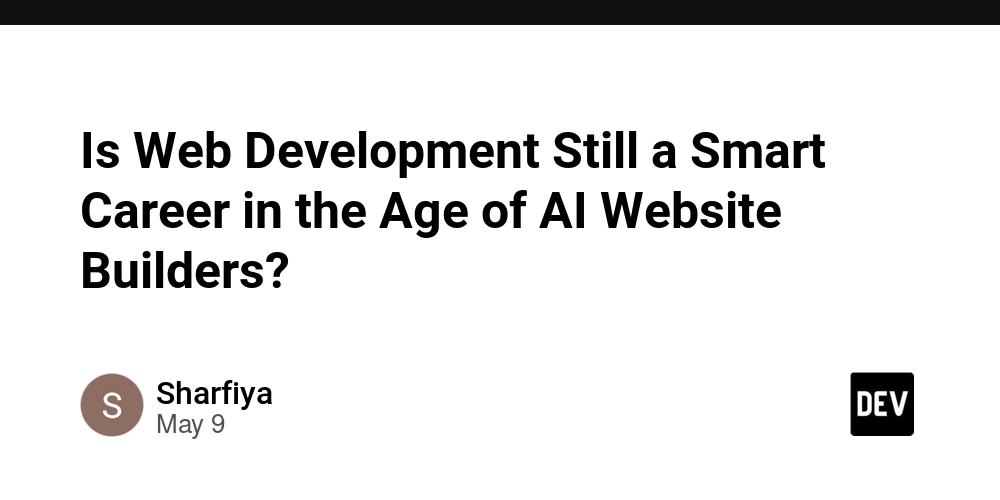
“Why would anyone hire a developer when AI can build a website in minutes?”
It’s a question many new and experienced developers are asking in 2025. With platforms like Wix ADI, Framer AI, ChatGPT-4, and other low-code/no-code tools becoming increasingly capable, it’s easy to feel like the golden age of web development is coming to an end.
But is that really true? Or is the web development landscape simply evolving?
In this article, we’ll explore how AI is reshaping the website development space, whether web development is still a viable business or career path, and what skills are worth focusing on today. Spoiler: AI might be shifting the work, but it’s far from replacing the developer.
The Rise of AI-Powered Website Builders
AI-assisted tools have come a long way. Builders like Wix, Squarespace, and Webflow now offer intelligent features that allow users to generate layouts, content, images, and even entire websites in a matter of minutes. Many platforms leverage large language models (LLMs) like GPT-4 to handle copywriting, form creation, and UI suggestions.
For freelancers or small business owners with limited budgets, these tools are a dream. You can spin up a functioning, decent-looking website without writing a single line of code.
But just because something is possible, doesn’t mean it’s always effective.
Where AI Website Builders Fall Short
While AI tools have made website creation more accessible, they’re not without major limitations—especially when it comes to long-term business needs. Here's where human developers still have the upper hand:
Customization Beyond Templates
AI website builders work within pre-defined constraints. Even when they're using generative layout tools, they're still limited to what the platform allows. When a client needs a unique business logic, a complex multi-step form, a dynamic data-driven experience, or a tailored customer dashboard—AI simply can’t deliver that out-of-the-box.Performance & Optimization
Handcrafted code will almost always outperform generated code in terms of speed, responsiveness, and SEO. Developers can fine-tune scripts, optimize image delivery, and implement performance-focused strategies like lazy loading, SSR (Server-Side Rendering), and caching in ways AI tools can’t.Security
Security best practices aren’t something AI consistently excels at—yet. Developers understand secure authentication flows, data validation, and how to avoid common pitfalls like XSS, CSRF, or SQL injection. AI-generated forms and databases might work—but they’re rarely production-ready without developer intervention.Scalability
When a business grows, it eventually needs more than a static website. It needs integrations with CRM systems, payment gateways, user authentication, role-based dashboards, analytics, and more. AI tools are not built for that level of scalability and integration.Brand Identity & UX
A truly branded experience involves understanding user personas, accessibility, behavioral UX patterns, and responsive design across all devices. Templates can only go so far. Businesses that care about brand impact still turn to designers and developers for guidance.
The Role of Developers Has Shifted
While AI can handle some of the "grunt work" of development, it opens new doors for developers to focus on what matters more—strategy, customization, performance, and problem-solving.
Here’s how you, as a developer, can stay relevant and valuable:
Specialize in Custom Solutions
There will always be clients who outgrow DIY solutions. Focus on mastering frameworks like Next.js, Django, Laravel, or Express.js to deliver dynamic and scalable applications that AI tools simply can’t replicate.Integrations and APIs
More businesses are relying on multiple SaaS tools—CRMs, ERPs, analytics dashboards, payment providers, etc. Knowing how to integrate these using REST or GraphQL APIs is a huge asset.Headless CMS and JAMstack
Even WordPress is evolving. Many developers now use it headlessly with React, Vue, or Svelte frontends. This allows better performance and more customization while keeping content management simple for clients.Performance Optimization
Deep knowledge of Core Web Vitals, CDN optimization, and advanced caching will set you apart. AI can’t make performance decisions based on business goals—you can.
WordPress Is Still Thriving
Despite the rise of JAMstack and headless CMSs, WordPress remains a dominant force, powering over 40% of the web. And no, it’s not just used for blogs anymore.
From eCommerce (via WooCommerce) to membership platforms and SaaS landing pages, WordPress continues to evolve. More importantly, clients still rely on developers to make WordPress work for their specific business model.
Whether it's developing custom themes, writing plugins, or building REST API integrations—there’s plenty of opportunity for skilled developers in the WordPress space.
If you're curious what top-tier WordPress development looks like in 2025, take a look at this breakdown of the top WordPress development companies. These agencies are delivering lightning-fast, scalable, and custom WordPress solutions for serious clients—far beyond what a drag-and-drop builder could ever do.
The AI + Human Combo Is the Future
Rather than treating AI as competition, developers should see it as a tool—a powerful assistant that can speed up workflows, automate repetitive tasks, and help with prototyping. The real value still lies in what humans bring to the table:
Strategic thinking
Architecture planning
UX/UI intuition
Ethical considerations
Business logic and goal alignment
Testing and QA
Post-launch support and iteration
Here’s how you can incorporate AI into your workflow without letting it take over:
Use ChatGPT for boilerplate code generation or component scaffolding
Leverage Copilot for autocompletion and syntax suggestions
Automate unit test generation
Speed up documentation writing
Use AI for bug detection and refactoring hints
By combining your human insight with AI’s productivity boost, you can offer better solutions faster—and charge more for it.
Should You Start a Web Development Business Today?
If your goal is to launch a freelancing or agency business in 2025, here’s the good news: there’s still massive demand for developers.
But success now depends on positioning. Clients are no longer just looking for "someone to build a site." They want a problem-solver. A partner. Someone who understands their business goals and translates them into a high-performing web experience.
Here’s how to stand out:
Niche down: Specialize in a specific industry (law, healthcare, eCommerce, education).
Focus on results: Talk about the outcomes your websites generate—more traffic, conversions, speed improvements.
Offer end-to-end solutions: From wireframing to launch to maintenance.
Stay visible: Build in public, share on Dev.to, write Medium articles, or grow on LinkedIn.
Final Thoughts
AI tools have definitely changed the landscape of web development—but they haven’t killed it. Instead, they’ve created a split:
Those who want a quick site with zero investment can use AI.
Those who want something that actually grows their business still hire developers.
The key difference is value. If you offer value that aligns with a client’s business goals, you’ll always be in demand—no matter how powerful AI gets.
So yes, web development is still a smart career in 2025. But it’s no longer about just writing code—it’s about solving real problems with code.
Further Reading:
To see what high-level WordPress development looks like in the current landscape, check out this curated list of top WordPress development companies. It's a great benchmark for what serious clients expect today.

















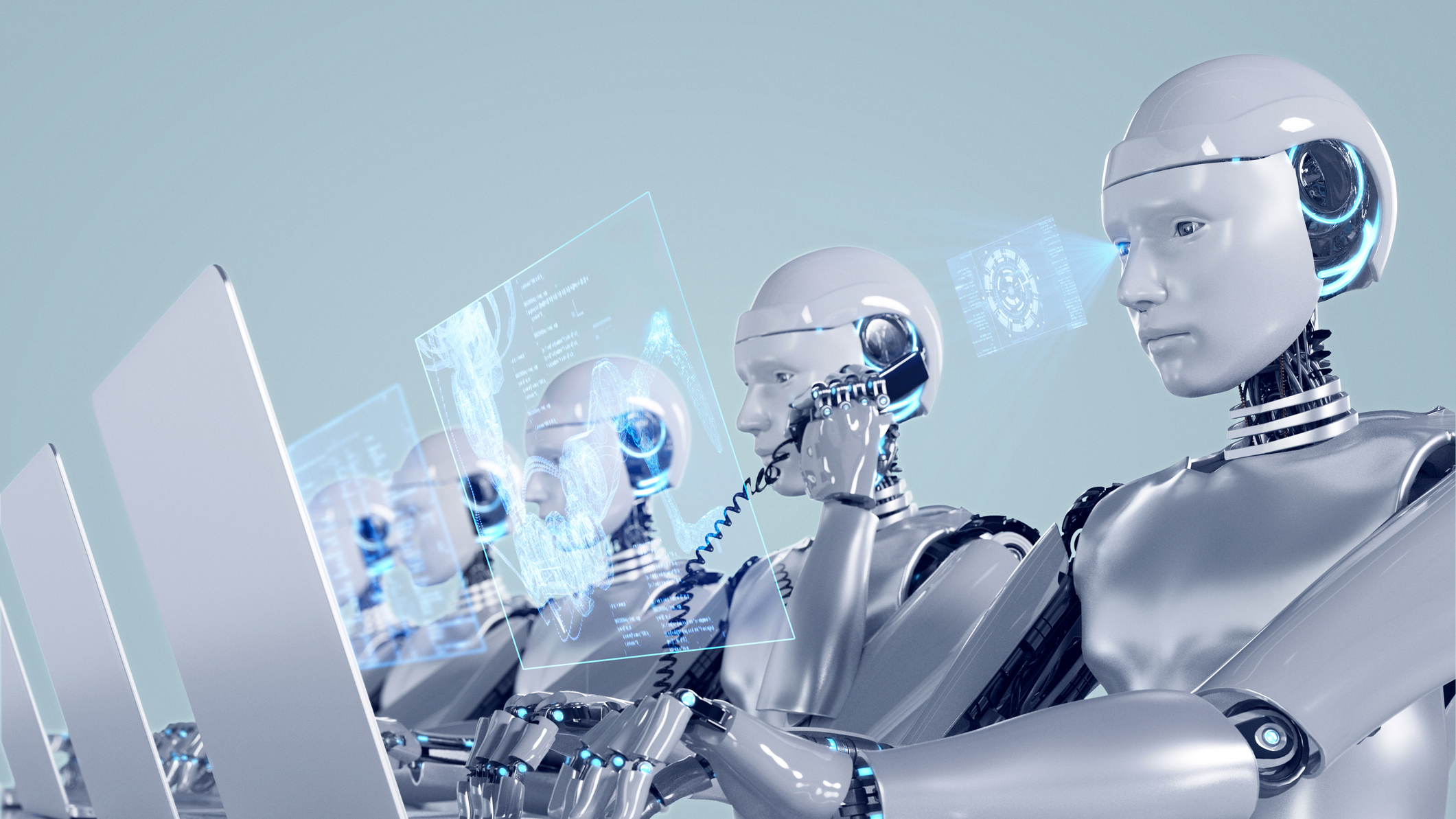
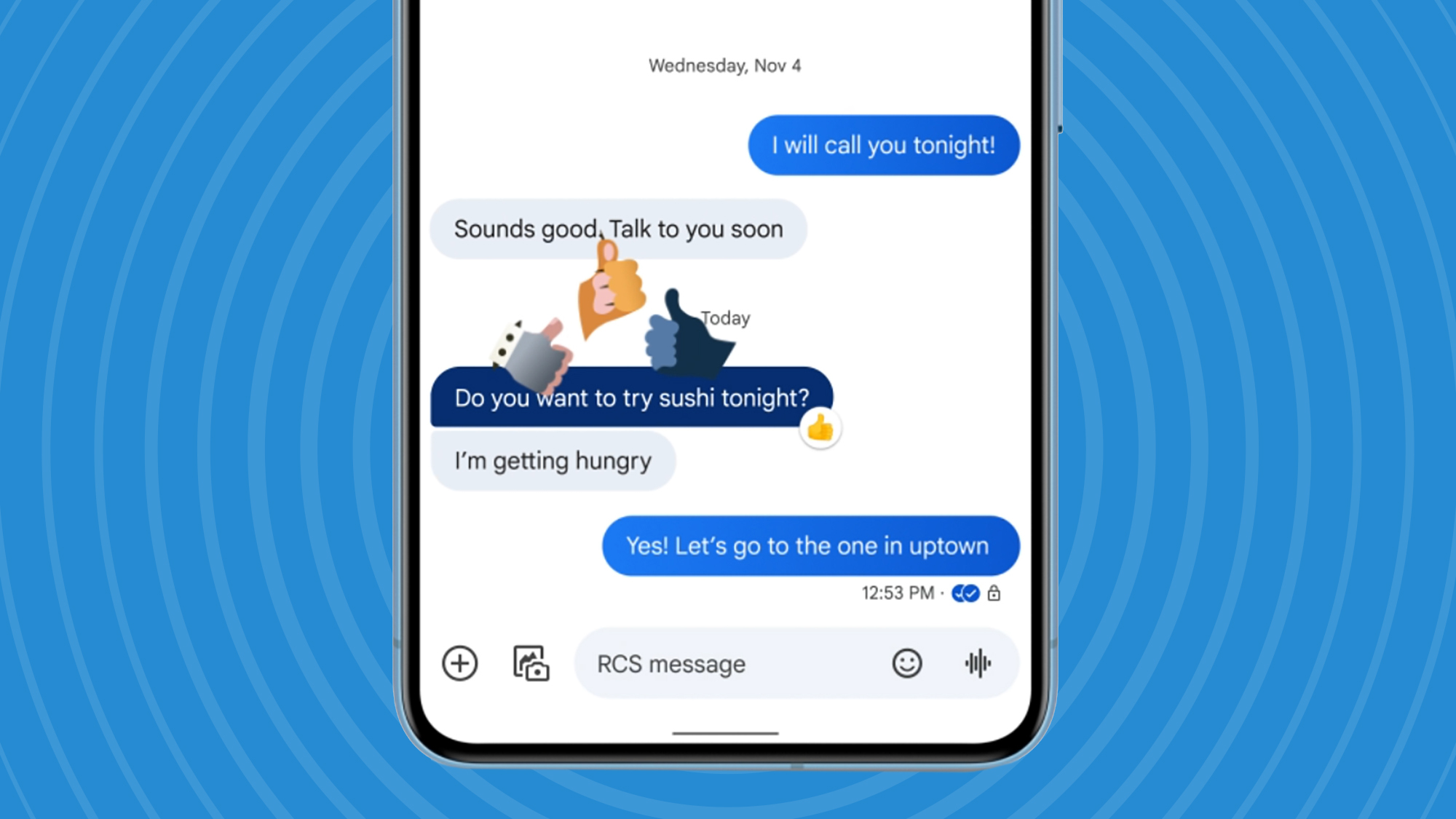
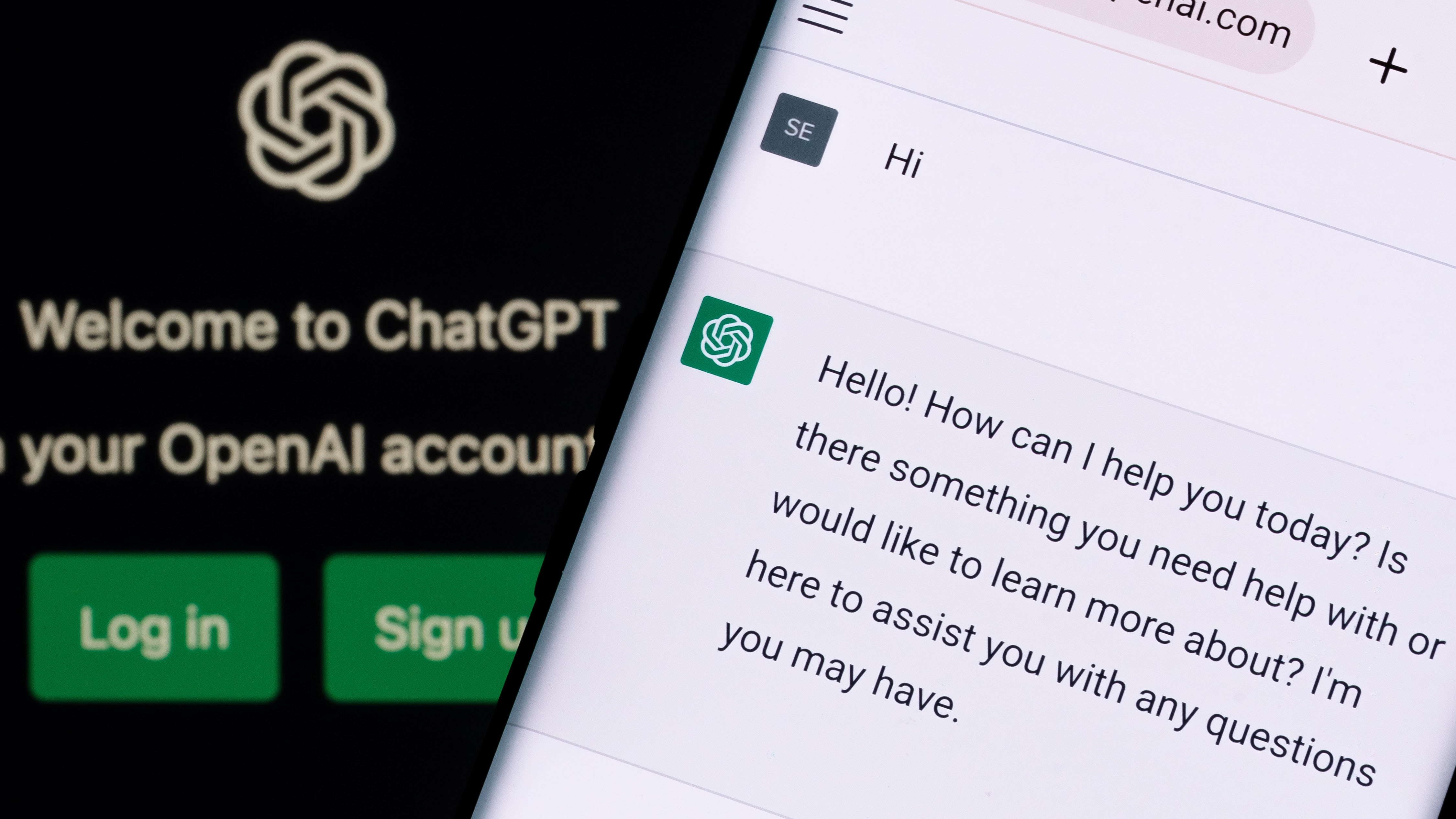


































-Reviewer-Photo-SOURCE-Julian-Chokkattu-(no-border).jpg)



















































































































![[The AI Show Episode 146]: Rise of “AI-First” Companies, AI Job Disruption, GPT-4o Update Gets Rolled Back, How Big Consulting Firms Use AI, and Meta AI App](https://www.marketingaiinstitute.com/hubfs/ep%20146%20cover.png)













































































































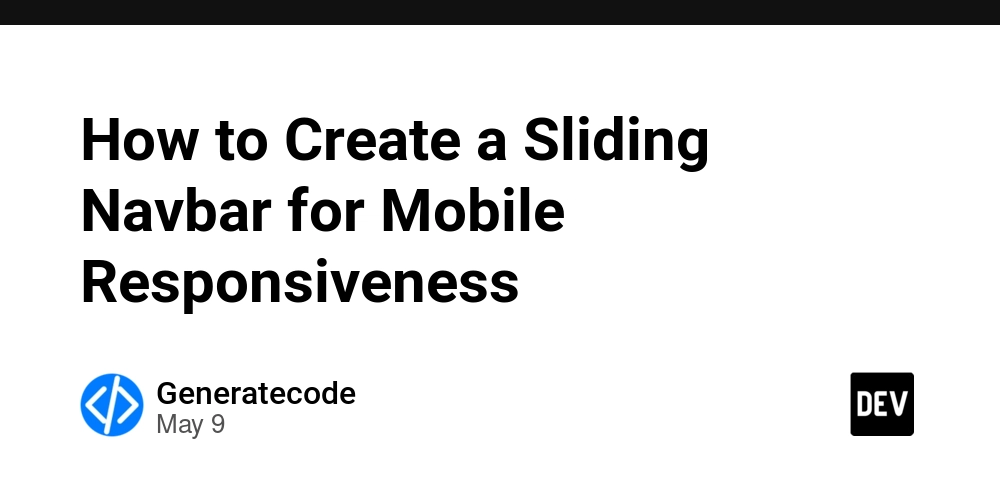
















![Life in Startup Pivot Hell with Ex-Microsoft Lonewolf Engineer Sam Crombie [Podcast #171]](https://cdn.hashnode.com/res/hashnode/image/upload/v1746753508177/0cd57f66-fdb0-4972-b285-1443a7db39fc.png?#)




























































.jpg?width=1920&height=1920&fit=bounds&quality=70&format=jpg&auto=webp#)




















































-Nintendo-Switch-2-Hands-On-Preview-Mario-Kart-World-Impressions-&-More!-00-10-30.png?width=1920&height=1920&fit=bounds&quality=70&format=jpg&auto=webp#)

























_Andrey_Khokhlov_Alamy.jpg?width=1280&auto=webp&quality=80&disable=upscale#)


_Aleksey_Funtap_Alamy.jpg?width=1280&auto=webp&quality=80&disable=upscale#)










































































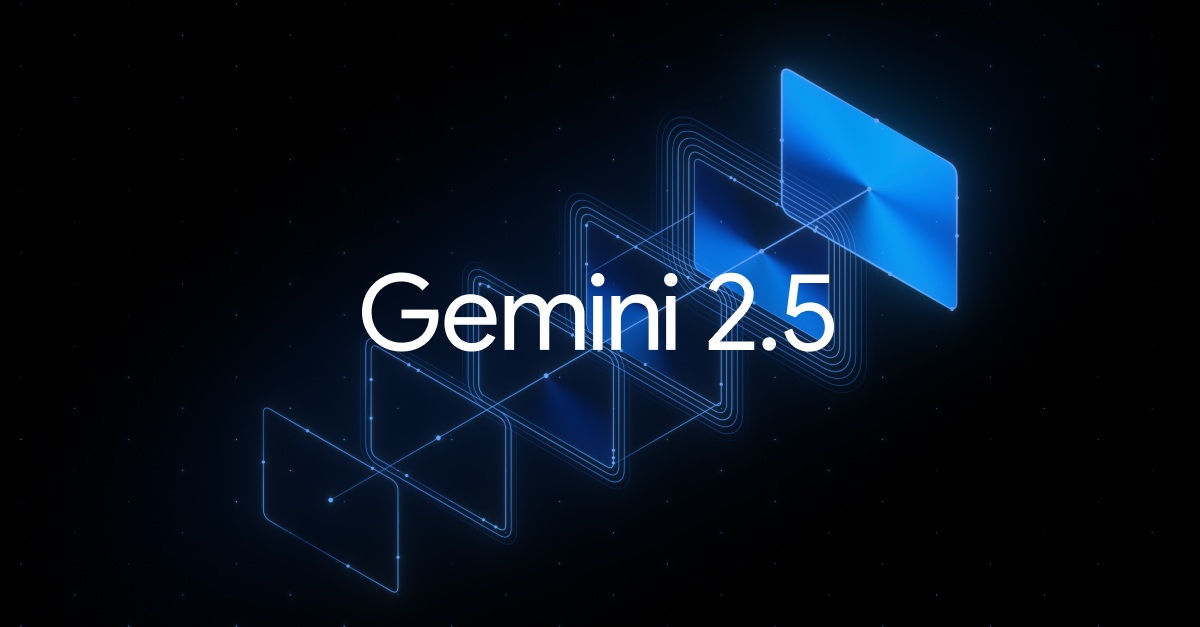
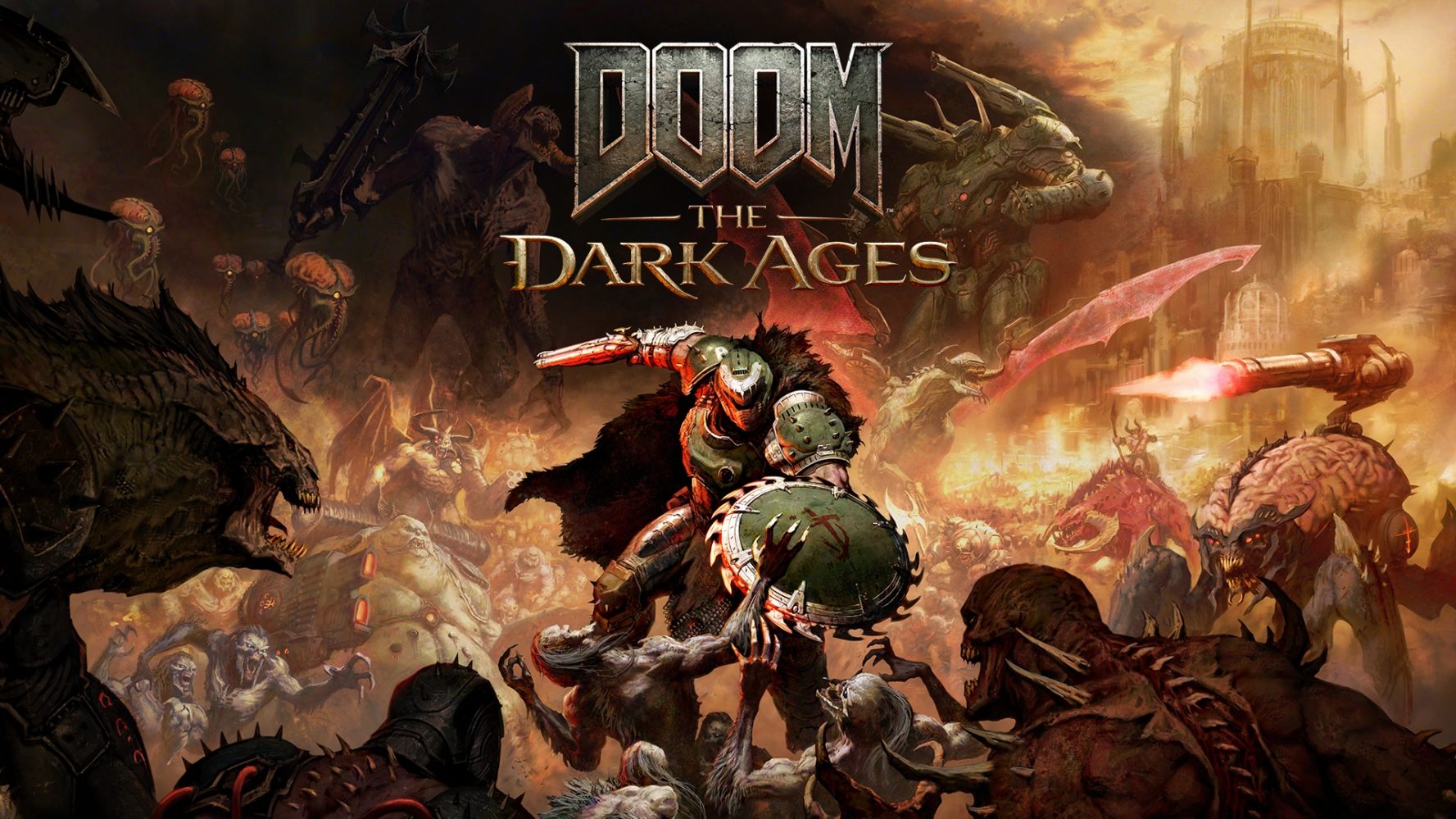






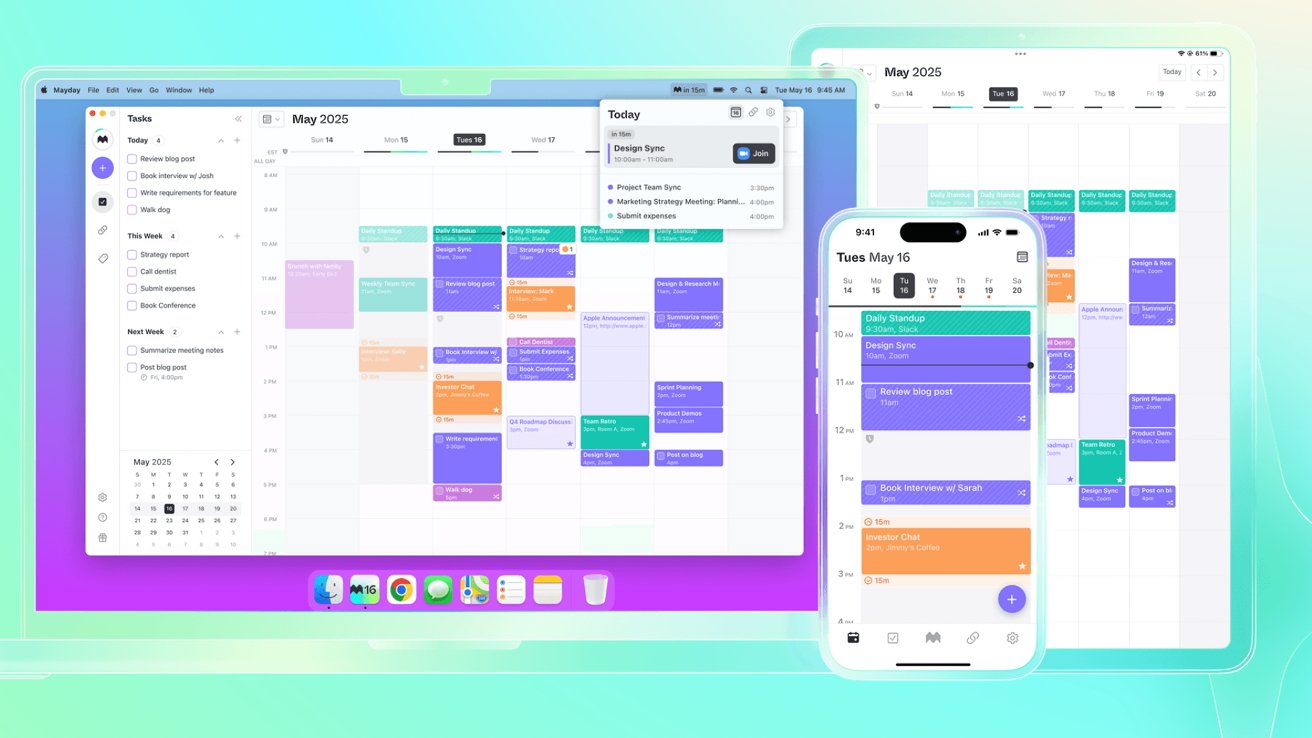
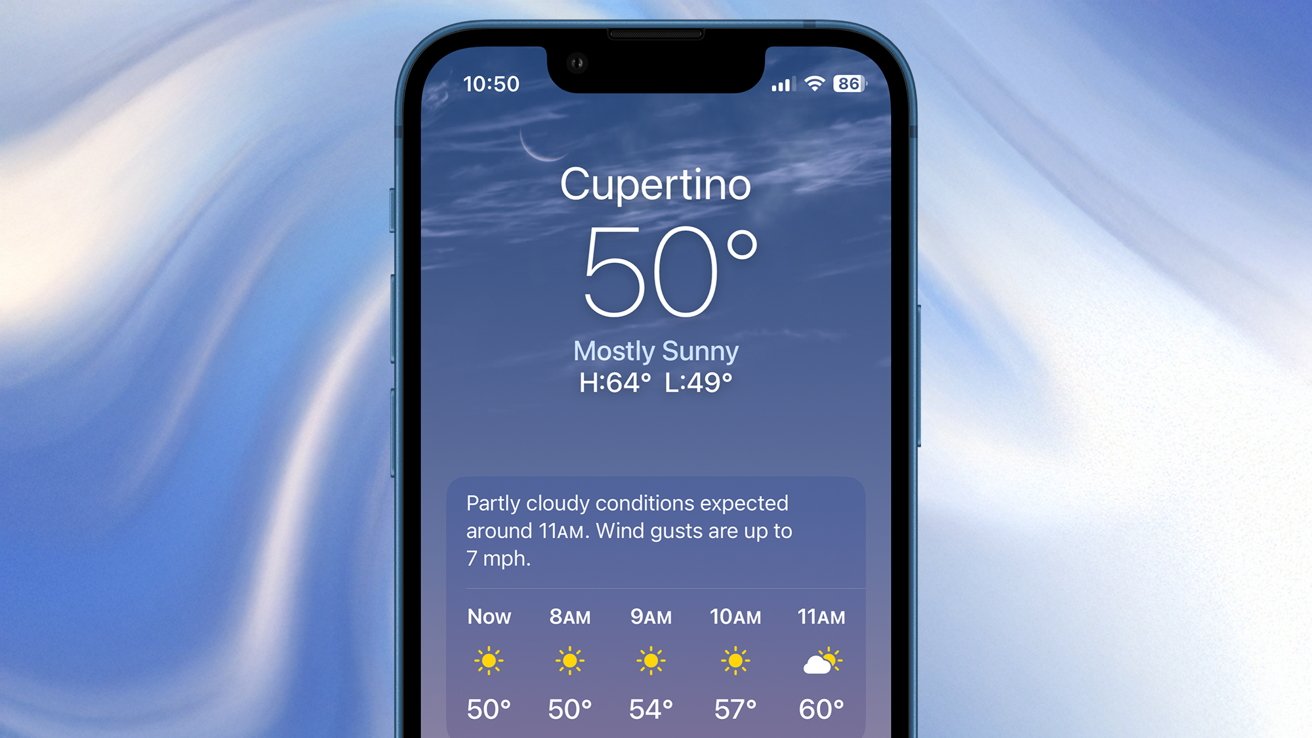



























![Apple Foldable iPhone to Feature New Display Tech, 19% Thinner Panel [Rumor]](https://www.iclarified.com/images/news/97271/97271/97271-640.jpg)
![Apple Developing New Chips for Smart Glasses, Macs, AI Servers [Report]](https://www.iclarified.com/images/news/97269/97269/97269-640.jpg)
![Apple Shares New Mother's Day Ad: 'A Gift for Mom' [Video]](https://www.iclarified.com/images/news/97267/97267/97267-640.jpg)





































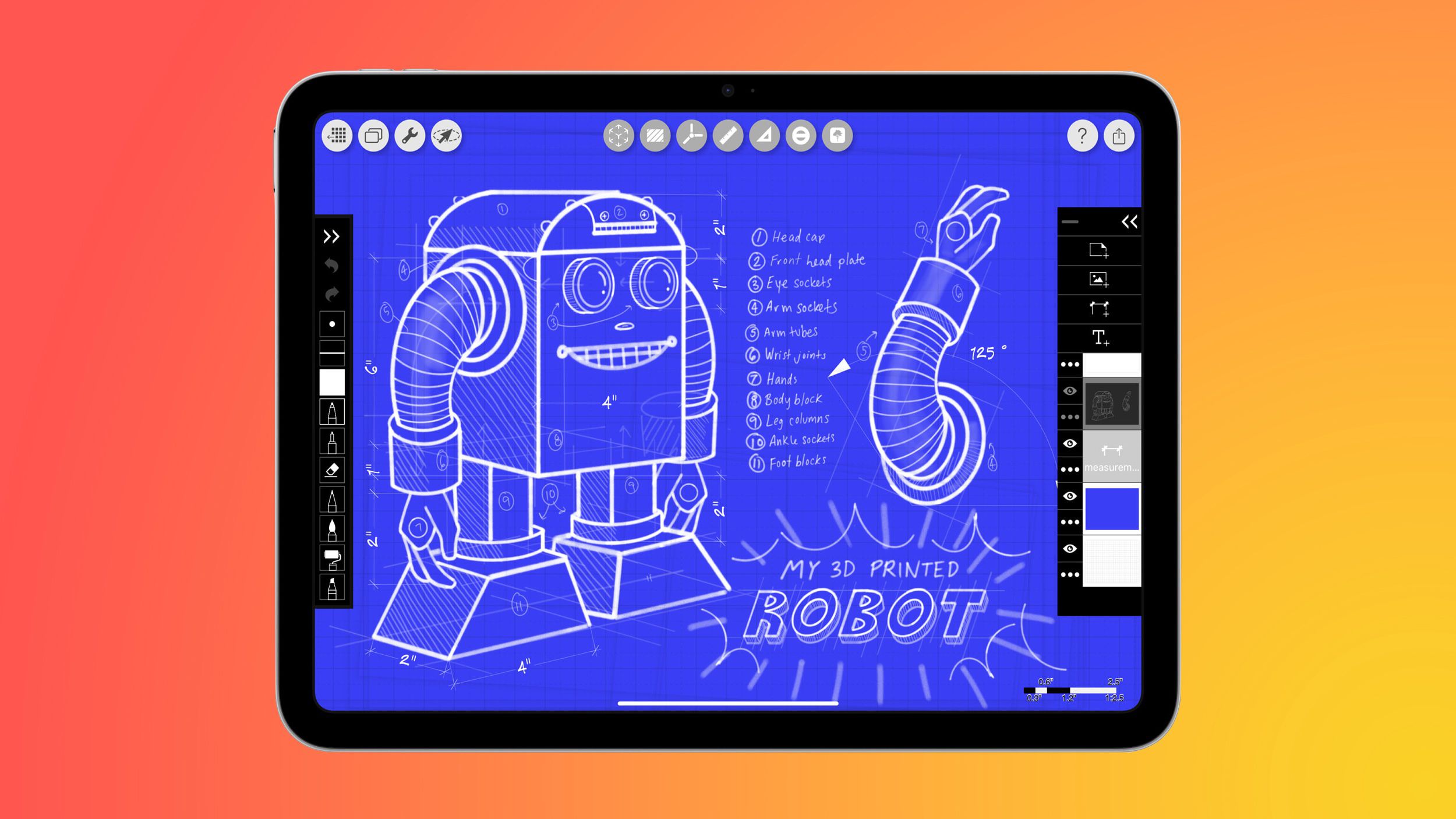
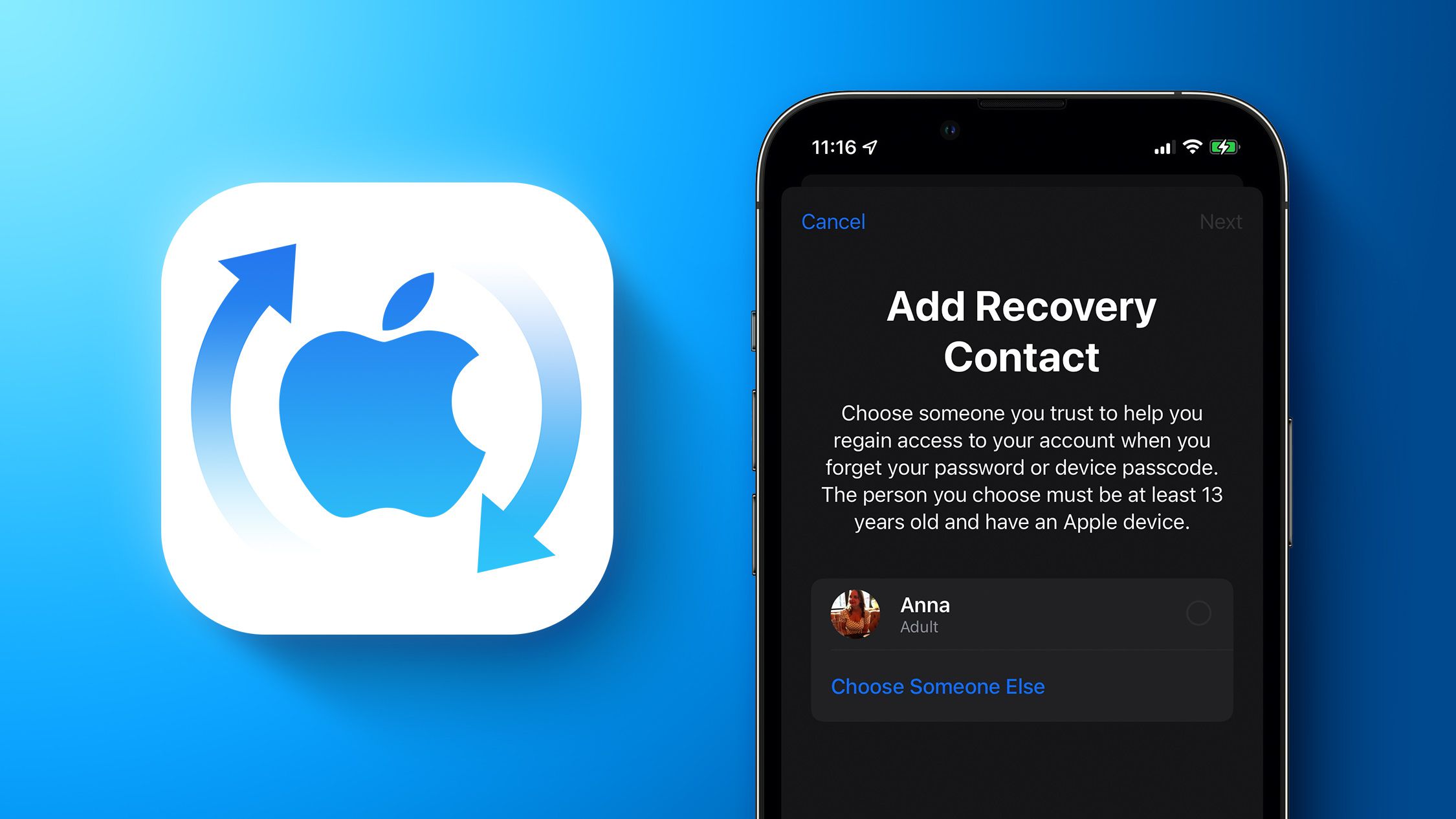




























![[Weekly funding roundup May 3-9] VC inflow into Indian startups touches new high](https://images.yourstory.com/cs/2/220356402d6d11e9aa979329348d4c3e/WeeklyFundingRoundupNewLogo1-1739546168054.jpg)





























